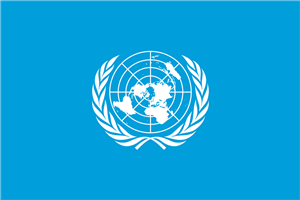Lung, Isaac
Page Navigation

-
International Diplomacy
Syllabus
Instructor: Mr. Isaac Lung
Email: Isaalung@paps.net
Course Description:
In an ever-evolving global society, understanding the political influences and procedures that affect relations between nations is becoming increasingly important. International Diplomacy is a course designed to prepare students to analyze international communication, international organizations, human rights, and global issues. Throughout this course, students will hone important skills necessary to participate in diplomacy case study simulations, such as critical reading, concise writing, collaboration, research, debate, developing a position, fact-checking, evaluation, and cultural competence. This course emphasizes performance and participation by providing a realistic environment for our simulations, which focus on finding solutions for relevant, real-world issues.
The course is aligned with the New Jersey Student Learning Standards for World History, the Amistad Curriculum, and the Language Arts Standards. Some skills that will be emphasized in the course will include but not be limited to: text comprehension, writing arguments, writing informative texts, writing explanatory texts, text analysis, comparison of text and collaboration.
Course Objectives:
Students successfully completing this course will:
• Know important facts, concepts, and theories pertaining to international relations IR and diplomacy.
• Understand typical patterns of political processes and behavior and their consequences (including the components of political behavior, the principles used to explain or justify various government structures and procedures, and the political effects of these structures and procedures)
• Be able to analyze and interpret basic data relevant to IR and politics (including data presented in charts, tables, and other formats)
• Be able to critically analyze relevant theories and concepts, apply them appropriately, and develop their connections across the curriculum.
Grading Policy:
Grading policy for this course will follow the Perth Amboy District scale which consists of the following:
-60% Exams and Projects
-35% Classwork
-5% Homework
Course Outline
Unit 1: Why the Government? Why Diplomacy?
Unit 2: Political Tribes - Realism Paradigm of International Diplomacy
Unit 3: Liberal/Global Cooperative/Democratic Peace Theory Paradigm of International Diplomacy
Unit 4: Marxism Paradigm of International Diplomacy
Unit 5: Case Studies

